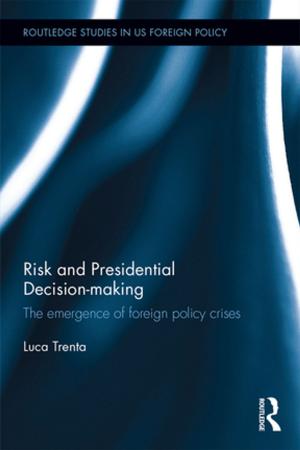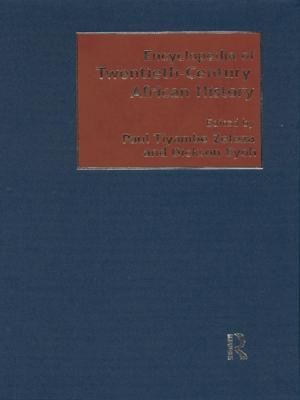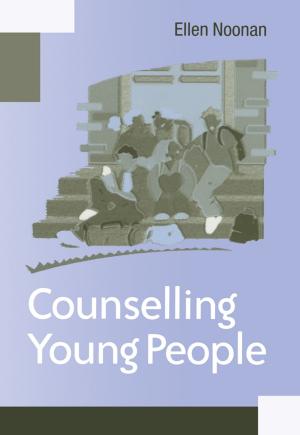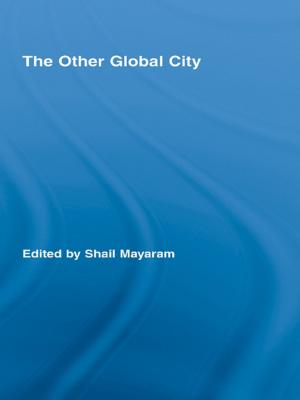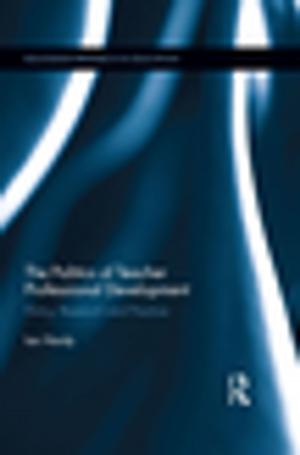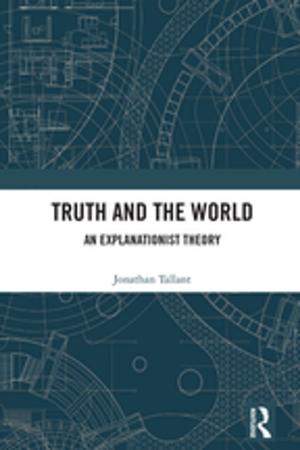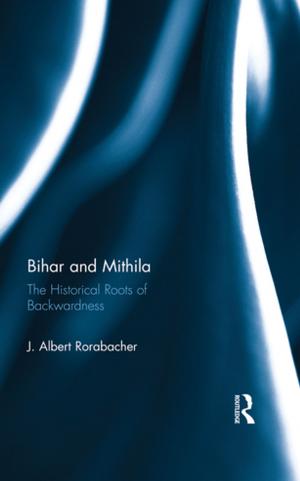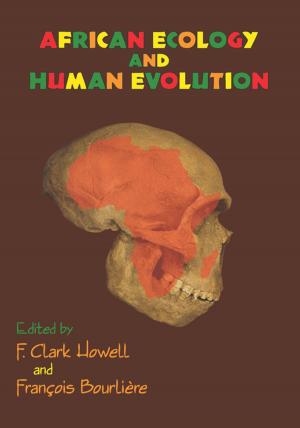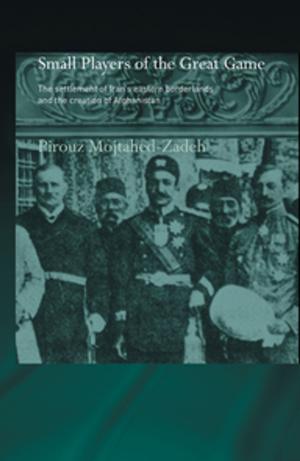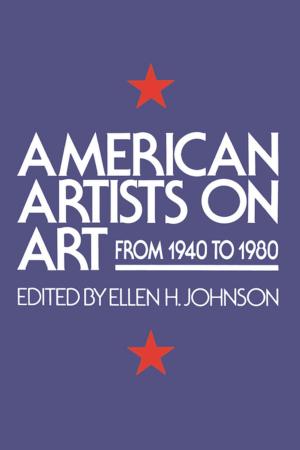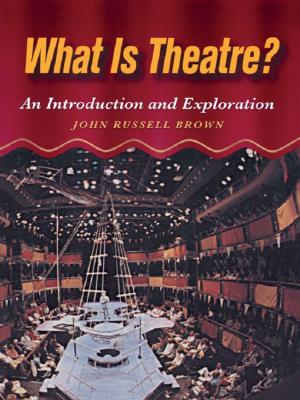The Public Congress
Congressional Deliberation in a New Media Age
Nonfiction, Social & Cultural Studies, Political Science| Author: | Gary Lee Malecha, Daniel J. Reagan | ISBN: | 9781136657719 |
| Publisher: | Taylor and Francis | Publication: | May 22, 2012 |
| Imprint: | Routledge | Language: | English |
| Author: | Gary Lee Malecha, Daniel J. Reagan |
| ISBN: | 9781136657719 |
| Publisher: | Taylor and Francis |
| Publication: | May 22, 2012 |
| Imprint: | Routledge |
| Language: | English |
Contemporary members of Congress routinely use the media to advance their professional goals. Today, virtually every aspect of their professional legislative life unfolds in front of cameras and microphones and, increasingly, online. The Public Congress explores how the media moved from being a peripheral to a central force in U.S. congressional politics. The authors show that understanding why this happened allows us to see the constellation of forces that combined over the last fifty years to transform the American political order.
Malecha and Reagan’s keen analysis links the new "public" Congress and the forces that are shaping political parties, the Presidency, interest groups, and the media. They conclude by asking whether the kind of discourse that this "new media" environment fosters encourages Congress to make its distinctive deliberative contribution to the American polity. This text brings historical depth as well as coverage of the most current cutting edge trends in new media environment and provides an exhaustive treatment of how the U.S. Congress uses the media in the governing process today.
Contemporary members of Congress routinely use the media to advance their professional goals. Today, virtually every aspect of their professional legislative life unfolds in front of cameras and microphones and, increasingly, online. The Public Congress explores how the media moved from being a peripheral to a central force in U.S. congressional politics. The authors show that understanding why this happened allows us to see the constellation of forces that combined over the last fifty years to transform the American political order.
Malecha and Reagan’s keen analysis links the new "public" Congress and the forces that are shaping political parties, the Presidency, interest groups, and the media. They conclude by asking whether the kind of discourse that this "new media" environment fosters encourages Congress to make its distinctive deliberative contribution to the American polity. This text brings historical depth as well as coverage of the most current cutting edge trends in new media environment and provides an exhaustive treatment of how the U.S. Congress uses the media in the governing process today.

